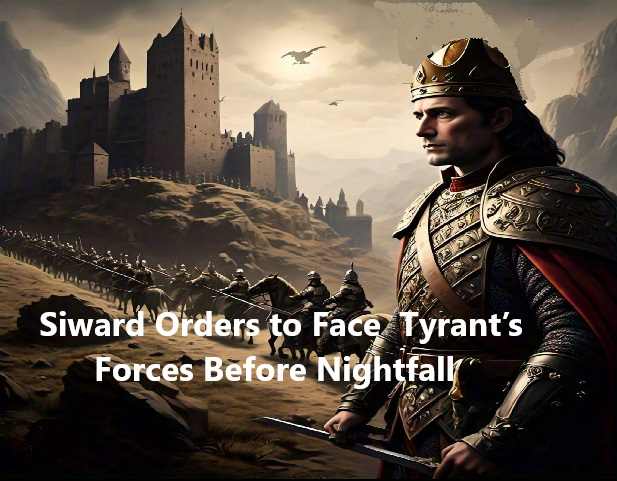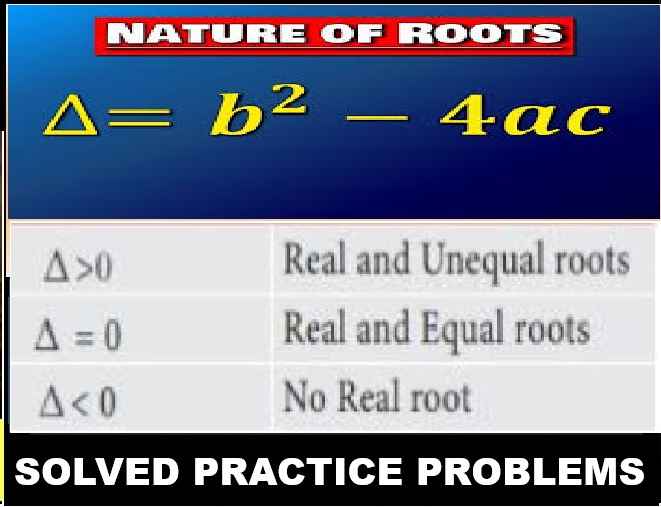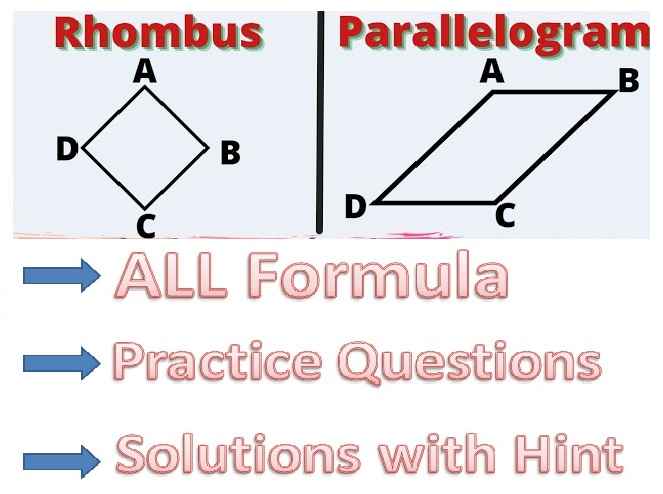Macbeth Act-5 Scene-6 Context Questions: ISC Class 12 Drama Workbook Solutions. Asking Context Questions are very common in English Drama because it help in the evaluation of skill among students . Visit official website CISCE for detail information about ISC Board Class-12 English.

Macbeth Act-5 Scene-6 Context Questions: ISC Class 12 Drama Workbook Solutions
| Board | ISC |
| Subject | English |
| Class | 12 |
| Book Name | Macbeth (Drama) |
| Session | 2024-25 |
| Topics | Workbook Solutions of Act-5, Scene-6 |
| Question Type | Context Questions |
Context Questions
(Macbeth Act-5 Scene-6 Context Questions: ISC Class 12 Drama Workbook Solutions)
Que: Read the extract given below and answer the questions that follow
Siward: Fare you well. Do we but find the tyrant’s power to-night, Let us be beaten, if we cannot fight.
Que-1: Explain the above lines. What do the lines portray about Siward as a general of the English forces?
Ans: The General of English Force Siward expresses a determination to face the tyrant’s forces before nightfall, highlighting his resolve and strategic motive.. His statement suggests a readiness to accept defeat only if they are incapable of fighting, emphasizing his courage and leadership qualities.
These lines portrayal reflects Siward’s bold approach to warfare and his commitment to challenging tyranny, underscoring his bravery as a general.
Que-2: What orders does Macduff give after this extract?
Ans: Macduff orders for the trumpets to be sounded, commanding them to announce the fight with their loud and noisy blasts. This action signifies the commencement of battle, serving as a message of impending bloodshed and death.
Que-3: Describe the scene of the battlefield.
Ans: The scene of battlefield is as a preparation and upcoming conflict, situated outside the castle of Macbeth. The forces, led by Malcolm, Old Siward, and Macduff, are strategically positioned and ready to attack. The scene is charged with a sense of urgency and determination, as the trumpets sound the onset of battle, marking the transition from planning to active engagement against the Macbeth.
Que-4: Give the meanings of: i. right noble ii. clamorous
Ans-i : “Right noble” is an expression used to describe high moral qualities , not just noble birth but also noble character and quality. It signifies a person who is both honorable and , deserving of respect and praises for their virtues and standing.
Ans-ii : “Clamorous” means to sudden loud and persistent noise. It is often used to describe a loud, noisy, protest, where there is a significant level of sound or vocal expression, demanding attention.
Que-5: Why is there an emphasis on trumpets to be sounded? What do they signify?
Ans: The trumpets serves multiple symbolic and practical purposes in the battle. It is traditionally used to signal the start of a military activity of troops, and to communicate commands across the battlefield.
The sounding of the trumpets signifies the call to arms, rallying the forces for the imminent battle and signaling the readiness against enemy. It also serves as bloodshed and death. The loud, resonant blasts of the trumpets thus encapsulate the gravity and urgency of the moment, rallying the troops for the decisive confrontation.
— : End of Macbeth Act-5 Scene-5 Context Questions: ISC Class 12 Drama Workbook Solutions :–
Return to :– Macbeth ISC Class -12 Drama Workbook Solutions
thanks
Please share with your friends if helpful


